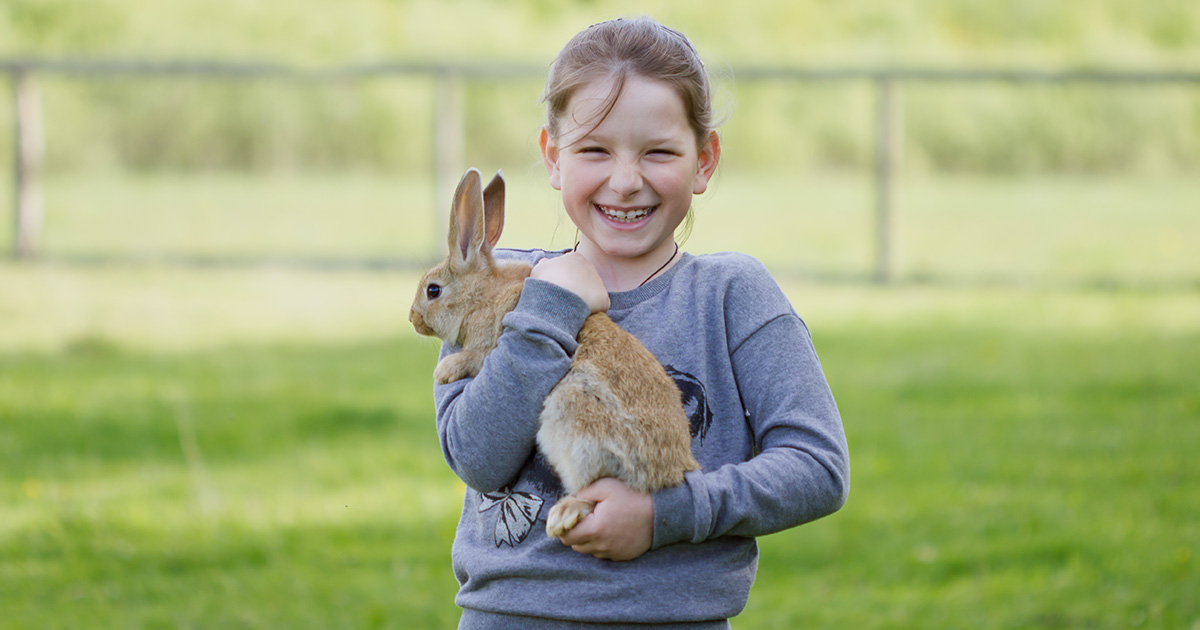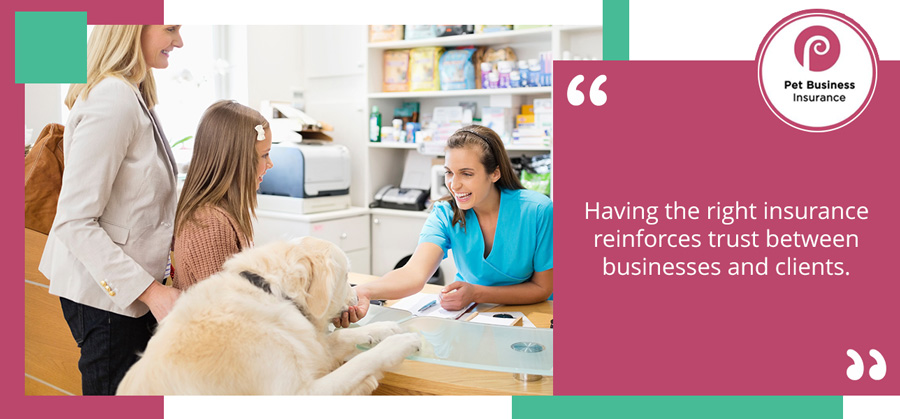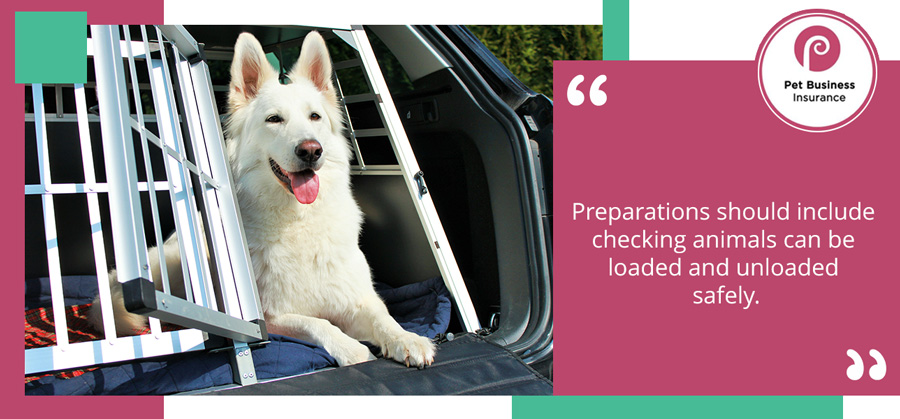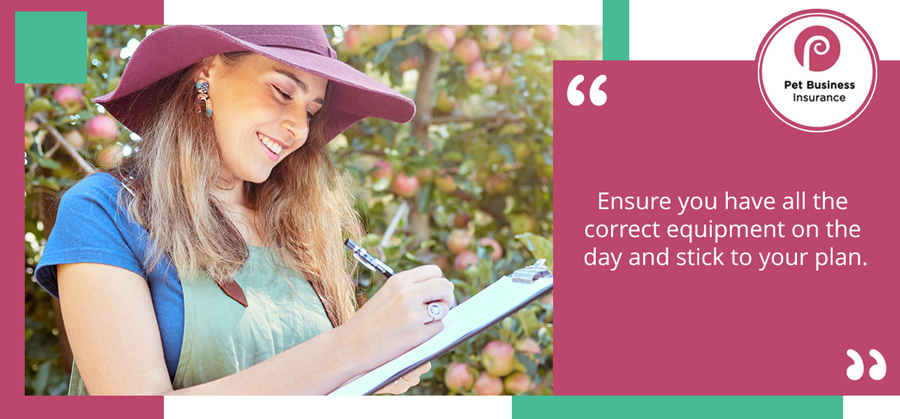
Parties and educational visits featuring captive wild animals or domesticated pets are increasingly popular events. They can include a range of creatures: from insects and reptiles to birds of prey.
As a business providing your services and animals for these types of events, it’s important to ensure you are properly prepared and equipped for the environment in which you will be operating and the occasion you will be navigating.
What is an ‘animal party’?
An animal party typically involves an expert handler attending a venue with animals in their care and allowing the party guests to view and potentially interact with the creatures by holding, touching or stroking them if appropriate. In some cases, the hired handler may also give a presentation.
The party guests may typically be children at a birthday party. However, animal parties can be held for a range of occasions and audiences.

Is a licence needed for exhibiting animals at parties?
In most cases, an Animal Activity Licence (AAL) is needed when “keeping or training animals for exhibition in the course of a business for educational or entertainment purposes”. You will need to apply for a licence from your local authority.
An Animal Activity Licence ensures you meet the required standards when it comes to care, handling, understanding the behaviour of your animals and any risks they may pose.
In addition, you will need to demonstrate that you comply with any other regulations governing your activities and the animals you keep. An inspector will visit your premises before they issue a licence.
Preparing for an animal party
Ensure a risk assessment has been carried out
It’s essential to have an adequate health and safety policy in place. This includes conducting a detailed risk assessment in respect of your animals and activities.
Risk assessments should be comprehensive: covering everything from transport to the venue, handling of the animals, and injuries caused to the animals or the party guests. You should review your assessments regularly.
Make sure your team is sufficiently trained and experienced
You may be operating alone, or you may have a small team of helpers. Whatever the circumstances, everyone helping you must have experience of handling the animals you keep and an understanding of how they may behave in different circumstances. This may require undergoing formal training.

Get the team DBS-checked
A DBS check is a process used to search through an individual’s criminal record and highlight any offences. It is particularly important if the animal party is being held for children or other vulnerable or “at risk” groups. This will also provide the client with peace of mind and establish a sense of trust.
Check the venue
You will need the permission of the venue owner for animals to attend. This may be relatively easy if the party is being held at a client’s private home. However, if it’s being held in a hired space or civic building, like a church hall, ensure that the owner has given permission.
Check what the parking arrangements are, and that there is somewhere you can load and unload animals safely and quickly into and out of a vehicle.
You should also find out whether other animals are resident at the premises. In most cases, you will want to ensure other animals and pets are kept away from the party.
Ensure hand washing facilities and hand sanitiser are available. Finally, check there is enough space to operate safely, bearing in mind the number and type of people attending the party.
Will Covid safety measures be required?
This will depend on you, the client and guests. At the time of writing, Covid-19 hasn't wholly disappeared. If party guests are vulnerable for any reason, you may wish to consider Covid safety measures such as wearing of protective face masks.

Once the party is underway
As part of your health and safety routine, you must plan how the event will operate and what will be permitted. It is helpful to discuss this with the client in advance so you are both clear about expectations and behaviour.
Ensure you have a checklist on the day so you always have the correct equipment with you, and stick to your planned itinerary.
Make sure you are adequately insured
However careful you are, unexpected occurrences can happen. Having appropriate insurance is therefore essential.
You will need public liability insurance. This protects you and your business if something you (or your animals) do causes someone harm or damages their property.
Employers’ liability insurance will be legally required if you work with anyone as part of your business activities, even if they are friends or volunteers.
Depending on the exact nature of what you do, there may be other types of insurance you may need, such as pet accidents and injury insurance or personal accident cover. If you are not sure about this, speak to an insurer with a track-record for providing cover in your industry.
Getting the right insurance from a trusted provider
Pet Business Insurance has almost two decades of experience in issuing insurance policies for a range of small- and medium-sized businesses providing pet and animal-related services.
Our specialist pet parties insurance includes public liability cover up to £5 million, with optional employers’ liability insurance and legal cover. We can also provide additional business insurance coverage, as required.
To discuss your insurance requirements, get in touch with Pet Business Insurance today. Call 01284 736 874, or complete our online enquiry form.